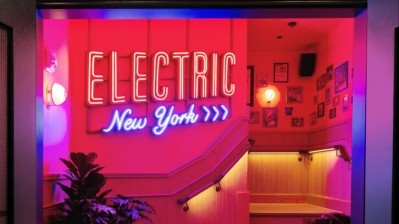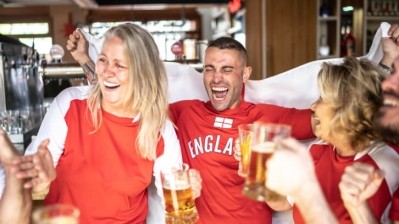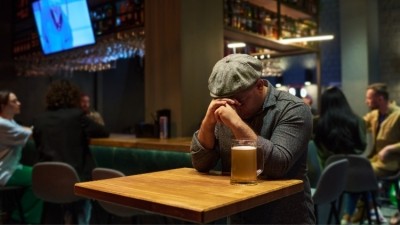Labour best choice for nightlife as financial issues impact sector

The data, collated in collaboration with the Adam Smith Institute and Obsurvant, showed 44% of respondents felt Labour would be the most supportive party for the nightlife and culture sectors.
Comparatively, just 11% of 2,300 participants said the Conservatives would be the best choice meanwhile a “substantial number” of respondents indicated no political party offered a specific policy for hospitality and nightlife.
This comes as a recent snap poll by the Morning Advertiser (MA) revealed Labour came out on top for pubs, with 31% of the 152 respondents planning to vote for them at next month’s general election, followed by the Conservatives at 25%, Reform UK at 23% and Liberal Democrats at 14%.
NTIA CEO Michael Kill said: “While there is an overwhelming perception that the Labour Party is more supportive of the sector, dedicated policies across the political spectrum are urgently needed.
“This survey serves as a clear message to policymakers, urging them to recognise nightlife's pivotal economic and societal role.
Lack of detail
“We are urging political parties to address the lack of detailed sector pledges in their manifestos prior to the election, as underscored by the survey findings.”
In addition, the survey, which took a comprehensive look at social and cultural activity attendance and political positioning on support for nightlife, revealed social and cultural activities remain an “integral” part of the lives of many, particularly among younger demographics.
However, financial constraints and inadequate late-night transport have proved significant barriers for the industries.
According to the figures, more than half (56%) of respondents participated in social activities out of home several times a week or more, though this rose to 68% for 18-24-year-olds and dropped to 44% for those aged 50 and above.
Though dining out proved the most popular activity for 55% of consumers, rising to 65% among the over 30s. Younger respondents favoured going to the cinema, playing sports, and attending nightclubs.
In addition, 43% of those surveyed attended cultural events at least once a month over the past six month, indicating a “strong positive correlation” between social and cultural event attendance.
Significant impact
However, the cost-of-living crisis had impacted consumers ability to take part in social and cultural events, with 52% detailing financial challenges had impacted how often then go out.
Moreover, 37% of respondents indicated lower drinks prices would encourage them to go out more frequently, meanwhile almost a quarter (23%) said better late-night public transport would be beneficial.
Kill added: “The recent data from our Consumer Insight Survey debunks the narrative around shifting consumer habits.
“Instead, it highlights the significant impact of current economic conditions, particularly the reduced disposable income among young people.
“The findings vividly underscore the essential role of nightlife and cultural activities in our communities, especially for younger generations. Financial constraints and inadequate late-night transport are major barriers preventing full enjoyment of these enriching experiences.”







